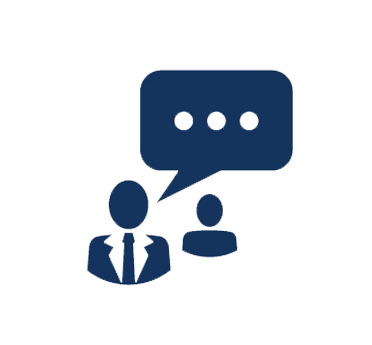Duration: 3 Days
This course is designed to help IT and business professionals who work in technical environments learn the fundamentals and gain a better understanding of software development and application life cycle management.
In this course, you will learn basic programming skills and how to desktop and web applications using programming logic. Throughout this technical course, you will learn programming fundamentals. It is designed to help you prepare for the Microsoft Technology Associate (MTA) Exam: 98-361 - Software Development Fundamentals.
Proven Impact Exclusive!
Continue developing your skills after class with 24/7 access to our live remote labs for six months, providing you with valuable extra time for hands-on practice.
What You Will Learn
- Core fundamentals of software and application development
- Core programming, decision structures, error-handling, and object-oriented programming
- Programming for desktop vs. programming for web applications
- Integrate applications with databases and data stores for real-time queries
Audience
Business analysts, project managers, IT professionals, and business stakeholders who require a deeper understanding of programming basics and need to work more effectively with software developers and the development community.
Prerequistes
- Understanding of basic programming concepts is recommended
- Familiarity with IT business environments
Course Outline
1. Introduction to Programming
- Basics of Computer Programming
- Decision Structures
- Repetition Structures
- Exception Handling
- Computer Storage and Data Types
- Error Handling
2. Introduction to Object-Oriented Programming
- Objects
- Values and References
- Encapsulation
- Inheritance
- Polymorphism
- Interfaces
- Fundamentals of Classes
- Computer Storage and Data Types
3. General Software Development
- Application Lifecycle Management
- Testing
- Data Structures
- Sorting Algorithms
4. Web Applications
- Web Page Development
- ASP.NET Application Development
- IIS Web Hosting
- Web Services Development
5. Desktop Applications
- Web Windows Forms Applications
- Console-Based Applications
- Windows Services
6. Databases
- Relational Database Management Systems
- Database Query Methods
- Database Connection Methods
Course Labs

